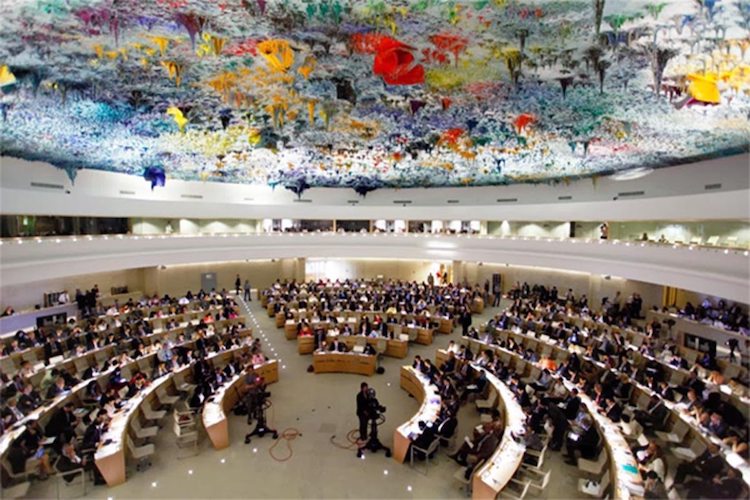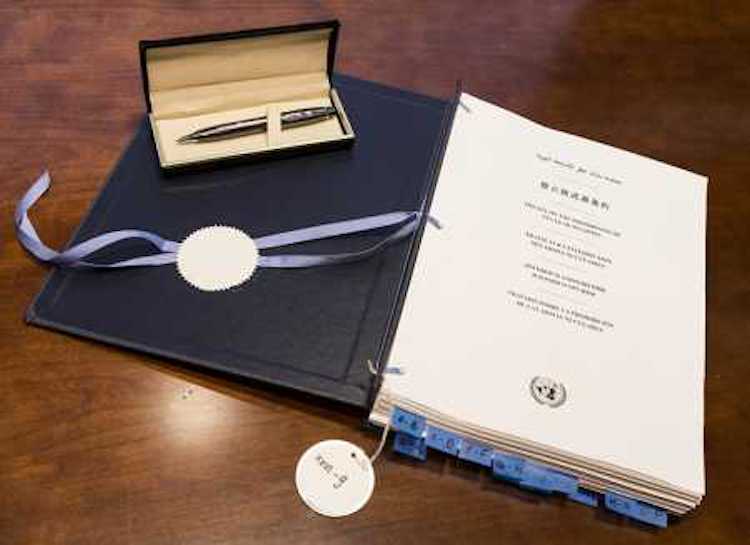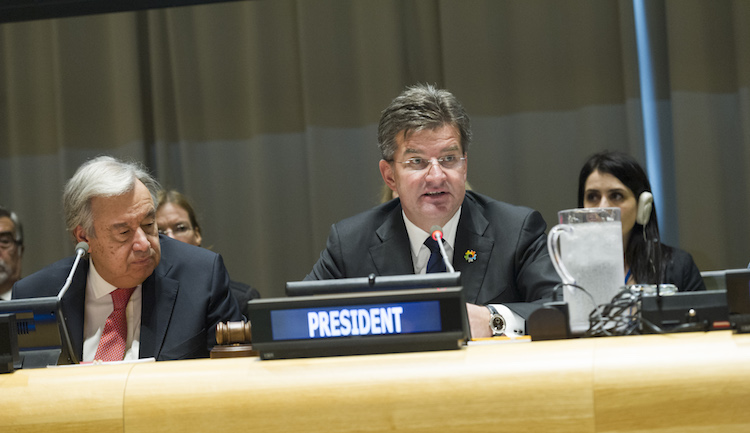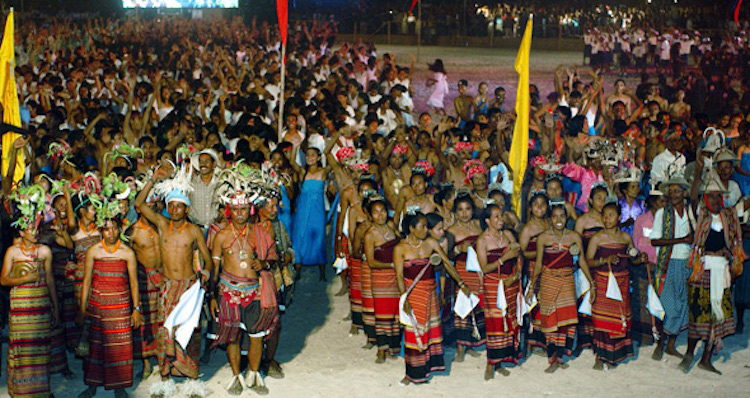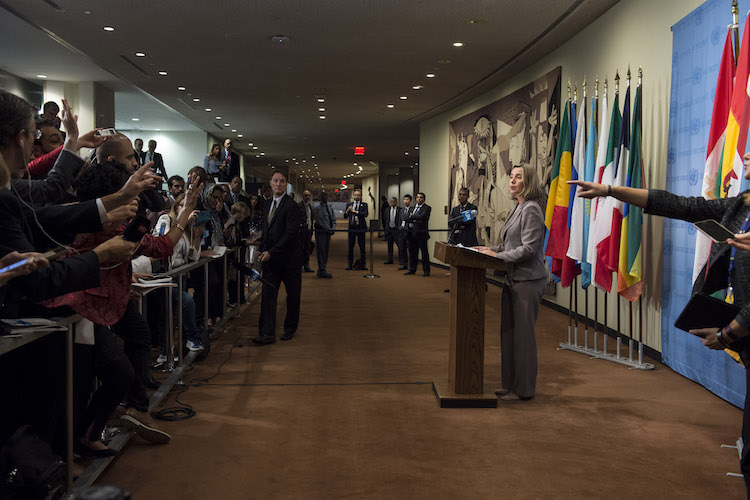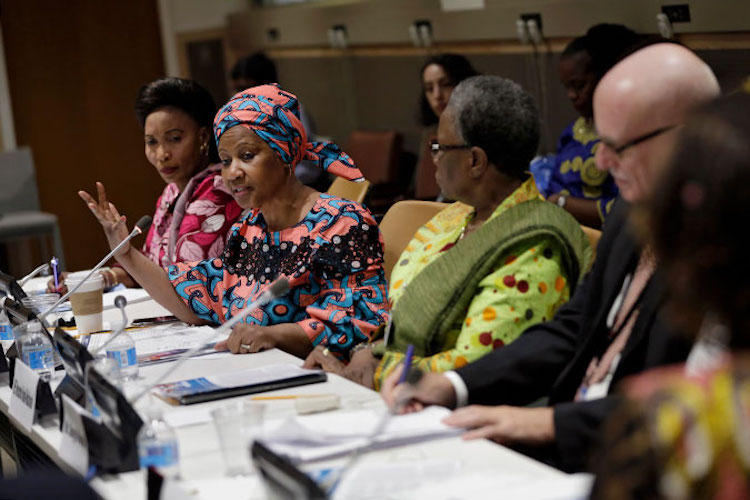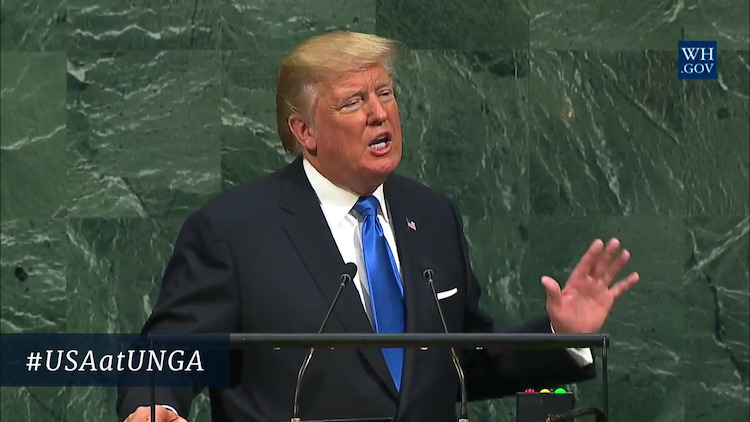By Dr Palitha Kohona
The writer is a former Permanent Representative of Sri Lanka to the United Nations. The following are extracts from his presentation to the Organisation of Professional Associations, Colombo.
COLOMBO (IDN) – The UN Human Rights Council (UNHRC) adopted the resolution entitled “Promoting reconciliation, accountability and human rights in Sri Lanka” on October 1, 2015, Resolution 30/1. This has been described by some critics as a constitution amendment project for Sri Lanka. Interestingly, it was cosponsored by Sri Lanka. In 2017, Sri Lanka obtained a two-year grace period to implement the resolution, further confirming the country’s acquiescence with Resolution 30/1.
Ominously, this year, the High Commissioner commented that in the absence of progress on the implementation of Res. 30/1, other countries could invoke the “universal jurisdiction” principle to start judicial proceedings against persons accused of having committed war crimes.

